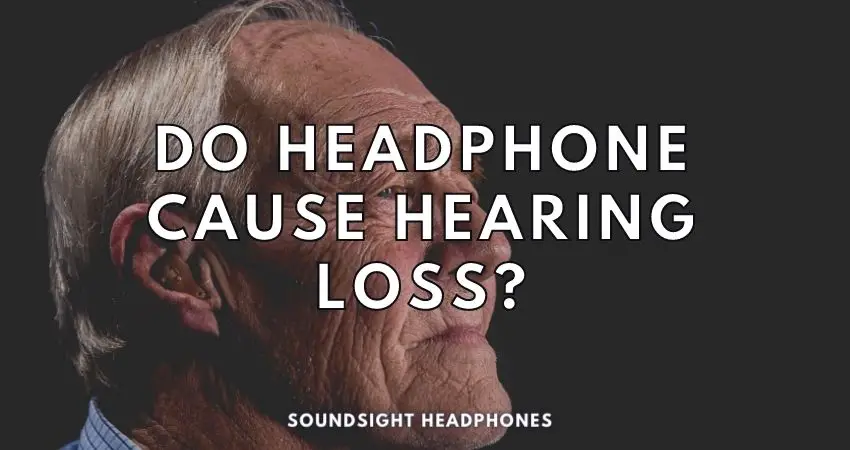Can our beloved headphones cause hearing loss? It’s a question that has been lurking all over the internet and debated with fervor by audiophiles and casual listeners alike.
I’ve always been attached to my headphones. From the moment I wake up to when I go to bed, I’m either listening to my favorite Spotify playlist or catching up on podcasts. But recently, I started to wonder: do headphones cause hearing loss? And if so, am I putting my hearing at risk?
The truth is, despite being an integral part of daily life, headphones can affect our ears and may jeopardize our hearing.
This article explores the intricate connection between headphones and hearing loss, debunking long-held beliefs on this contentious issue. Are headphones the real culprit, or is there more to this auditory conundrum? Uncover the complex factors contributing to hearing loss and the unexpected truth about headphones’ role in this contemporary predicament.
So, buckle up and prepare to have your mind blown—or at least, your ears opened.
The Connection Between Headphones and Hearing Damage
After doing some research, I discovered that there is indeed a connection between headphones and hearing loss. This is especially true for earbuds, which can cause even more hearing damage than over-ear headphones. Here’s why:
- Earbuds sit directly in the ear canal, which means the sound is closer to the eardrum
- They don’t block out background noise as well as over-ear headphones, so people tend to turn up the volume to compensate
- Many people use earbuds for extended periods, which can lead to noise-induced hearing loss.
The Dangers of Listening to Music Too Loud
I realized that one of the main reasons headphones can cause hearing problems is simply because people listen to music too loud. In fact, listening to music too loud can cause permanent hearing loss. This is because loud sounds can damage the hair cells in the inner ear, which are responsible for transmitting sound to the brain.
How Loud is Too Loud?
- Sounds at or above 85 decibels (dB) can cause hearing damage over time
- Listening to music at 100 dB (the volume of a motorcycle) for just 15 minutes a day can cause permanent hearing loss or temporary Tinnitus.
Hearing Loss at Low Volume
While it is widely known that high volumes can lead to hearing loss, one more question remains: do headphones cause hearing loss at low volume?
The answer is nuanced. Lower volumes decrease hearing damage risk due to reduced treble, easing ear strain. Yet, even moderate sound exposure can cause gradual hearing loss.
Remember that our ears are naturally not used to persistent auditory stimulation.
Are Headphones Causing Hearing Loss in Young People?
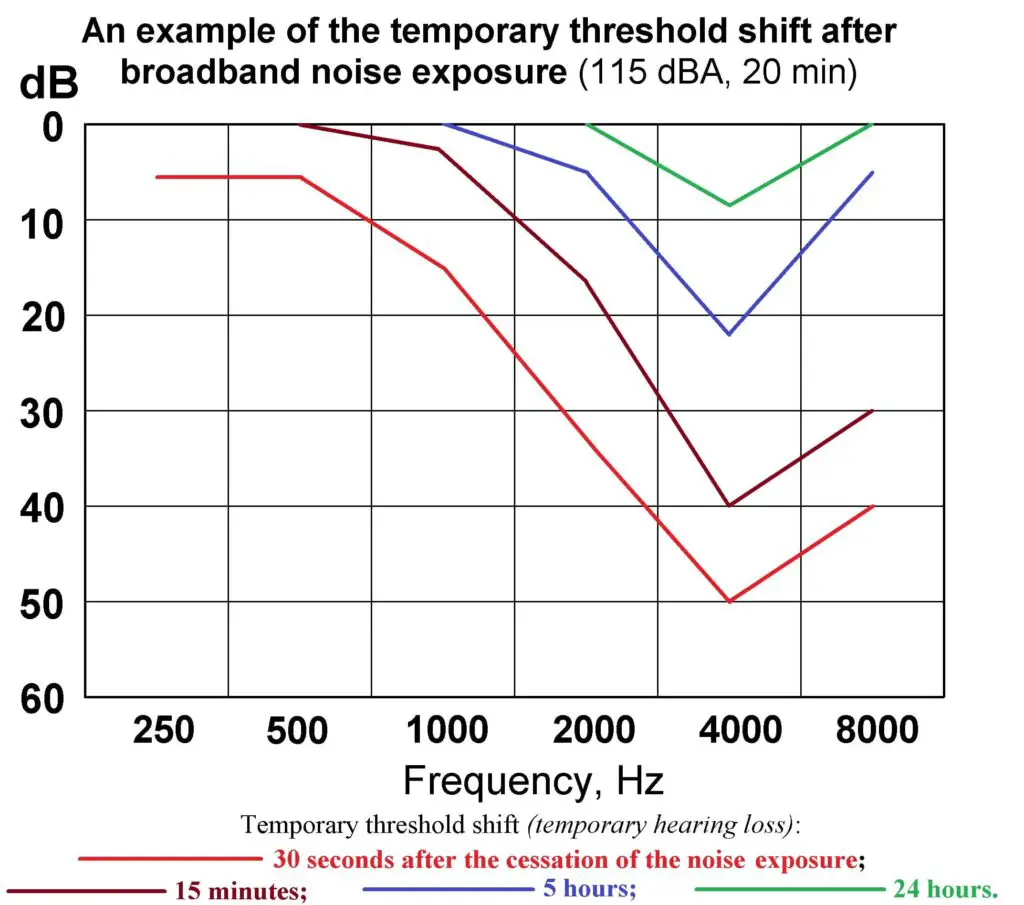
As a young person, I was particularly concerned about the potential for headphone-related hearing loss in my age group. Studies have shown that young people are at an increased risk for hearing damage due to their frequent use of headphones and earbuds.
The Risks of Using Headphones
- Hearing damage from headphones can be permanent and irreversible
- Hearing loss can lead to social isolation, depression, and even cognitive decline
- Headphone safety concerns should be taken seriously to protect your hearing
Headphones can contribute to hearing loss if used improperly. Studies show that frequent, long-term use of headphones can lead to permanent hearing damage.
Can Using Headphones Cause Ear Pain?
As someone who frequently experiences ear pain after using headphones for extended periods, I was curious to know if this was a common issue. It turns out that headphones can cause ear pain for several reasons:
- Wearing headphones for long periods can cause pressure on the outer ear, leading to discomfort and pain
- Earbuds can cause irritation and even infection in the ear canal if not cleaned regularly
- Listening to music at high volumes can cause temporary or permanent ear damage, leading to pain and discomfort.
Can Earbuds Damage Your Hearing?
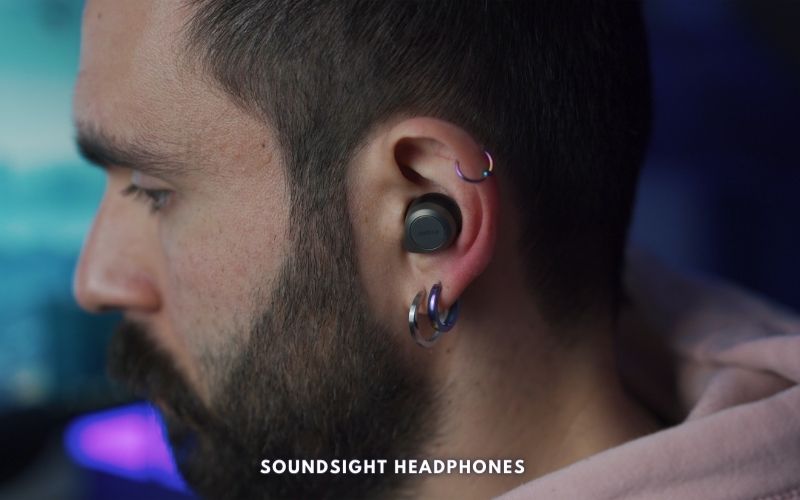
Ever considered if earbuds, delivering music straight to your ears, could harm your hearing?
The relentless pursuit of convenience and portability has popularized earbuds, posing a significant risk to our hearing health.
In fact, persistent use of earbuds at high volumes and for long durations can result in noise-induced hearing loss, as their proximity to the eardrum makes them more damaging than over-the-ear headphones.
Why Earbuds Pose a Greater Risk
Earbuds can contribute to noise-induced hearing loss due to their close proximity to the eardrum. Using earbuds at high volumes increases the risk of hearing damage.
Some say that earbuds are no more dangerous than headphones or other audio equipment like speakers or loudspeakers, but that’s not true. Earbuds pose a greater risk to hearing than headphones or speakers due to their proximity to the eardrum.
Studies and Expert Opinions
Research indicates that prolonged use of headphones and earphones cause hearing damage, especially at high volumes. Experts recommend limiting exposure to prevent noise-induced hearing loss.
A study conducted by the World Health Organization (WHO) found that 1.1 billion young people worldwide are at risk of noise-induced hearing loss due to unsafe listening habits, including the use of earbuds.
Factors Contributing to Earbud-Related Hearing Loss
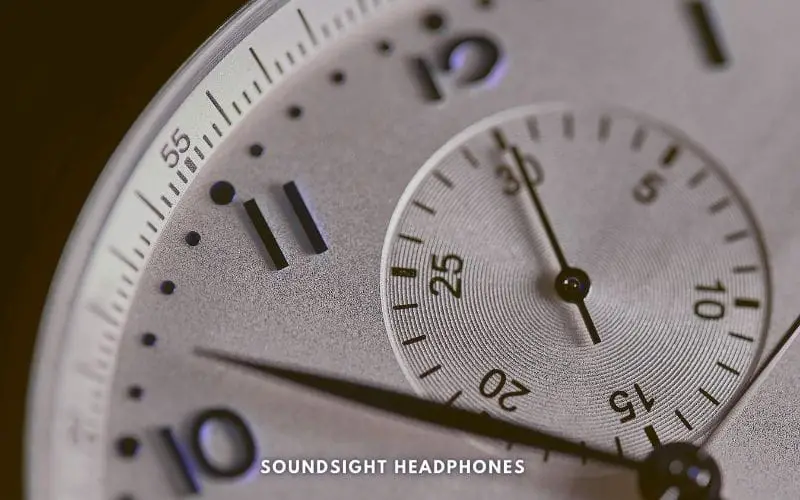
Factors such as volume, duration, and fit contribute to hearing loss caused by earbuds. To protect your ears, monitor usage and maintain a safe volume level.
Fierce and loud sounds blasting directly into the ear canal can lead to temporary NIHS or even permanent hearing loss. The risk of hearing damage increases with the volume level and duration of exposure to loud sounds.
Proper Use and Fit to Minimize Damage
To reduce the risk of hearing loss caused by earbuds, ensure proper fit and limit volume levels. Avoid using headphones and earbuds for extended periods.
Maintain a safe volume, follow the 60/60 rule, ensure proper fit, and take breaks from using headphones and earbuds.
Note: Well-fitted earbuds provide an optimal sound response, volume, and isolation for an adequate listening experience.
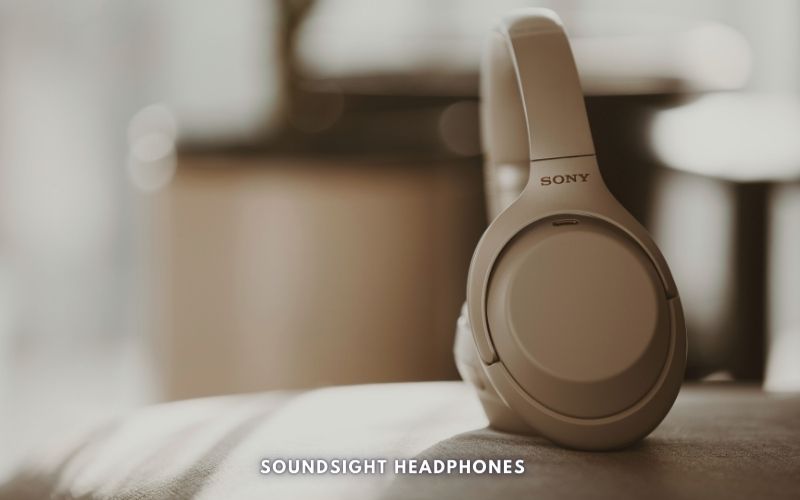
What’s more, consider using noise-canceling headphones, which can help reduce the need for high volume levels by blocking out background noise. And make sure you purchase premium earbuds to avoid damaging your hearing from technical malfunctions.
Exploring Alternative Headphone Options
In my quest to protect my hearing, I also looked into alternative headphone options that might be less damaging to my ears. One such option is bone-conduction headphones. These headphones work by transmitting sound through the bones in your skull, bypassing the eardrum altogether.
Do Bone Conduction Headphones Damage Hearing?
Bone conduction headphones are generally considered safer for your hearing than traditional headphones.
They allow you to listen to music while still being aware of your surroundings, which can be beneficial for safety reasons.
Nonetheless, sound waves from bone conduction headphones can still damage hearing by impacting sensitive hair cells inside the inner ear; thus, maintaining a safe volume is crucial.
Open-Back Headphones: A Safer Alternative to Closed Headphones
Open-back headphones are designed to allow some sound to escape through the back of the ear cups, which can create a more natural and spacious listening experience. This design is much safer for your hearing.
Best Open-Back Headphones
The Sennheiser HD 660 S offers a balanced and natural sound—perfect for audiophiles who appreciate high-quality audio. Or maybe you’re more into comfort? In that case, the Beyerdynamic DT 990 Pro is known for its excellent sound quality and cozy fit, making it a popular choice among music enthusiasts.
Still, if you're looking for something with a unique design and exceptional sound clarity, the Grado SR325e is perfect for those who want a stylish and high-performing option.
Tips on How to Protect Your Hearing
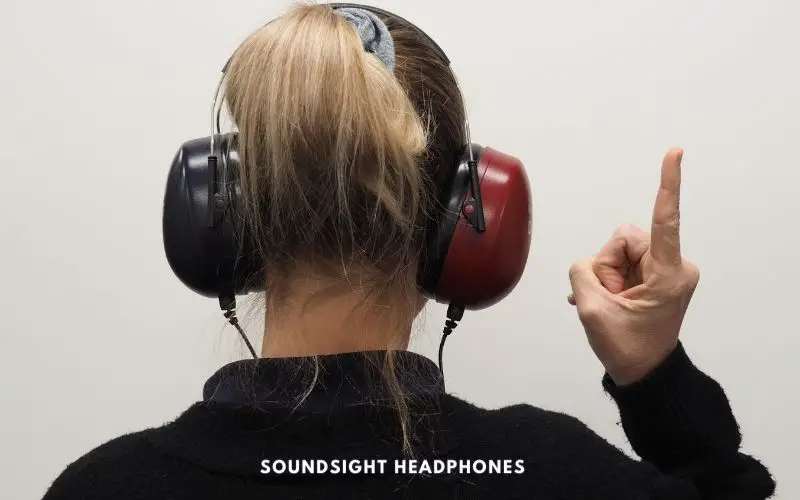
The potential impact of headphones on hearing necessitates strict changes to your own hearing protection. Here are some steps I’ve taken, and you should too:
- Limit exposure to external noise using earmuffs, earplugs, or ANC headphones
- Limit the time you listen to music. Also don’t listen for more than 8 hours at 85 dB.
- Keep the volume of your music at a safe level (no more than 60% of the maximum level)
- Reduce the need to turn up the volume by investing in noise-canceling headphones
- Taking regular breaks to allow my ears to rest
- Engage in diverse pursuits that don’t involve headphones, such as reading, exercising, or socializing—these can provide a much-needed respite for your ears and promote overall well-being.
- Schedule routine hearing tests to monitor your hearing health and detect any potential issues early on.
So headphones may cause hearing loss, but there are ways to reduce this risk.
If we pay attention to our listening habits and take precautionary measures, we can continue to enjoy the music we love without compromising our hearing health.
FAQ: Headphones & Hearing Loss
Can I Lose My Hearing From Listening to Headphones?
Yes, using headphones can lead to hearing loss if you listen to loud music for prolonged periods. The damage caused by headphones is mainly due to the sound pressure level (SPL) and the sound wave frequency. When you listen to music at high volumes, the dB (decibel) level increases, which can cause sound-induced hearing loss (SSHL) over time. This occurs when the auditory hair cells in your ears are damaged by prolonged noise exposure, leading to permanent hearing loss.
What’s The Safe Volume for Headphone Usage?
The safe volume for headphone usage less than 8 hours a day at approximately 85 dBA. However, a safer approach is to use the 60/60 rule for a safe listening experience: keep volume at 60% maximum and limit to 60 minutes daily. This helps prevent auditory damage and hearing loss without measuring decibels.
Can Moderate Headphone Volume Still Harm Ears Over Time?
Yes, even at moderate volumes, prolonged daily listening (over 8-10 hours) can damage ears due to factors like exposure duration, sound source distance, and sharpness.
The Bottom Line: Are Headphones and Earbuds Safe?
The thought of headphones causing hearing loss is concerning. However, with proper precautions and mindful listening habits, you can safely enjoy your music without worry.
Remember, it’s essential to protect your hearing now to prevent long-term damage. Our ears are very sensitive and early ear damage can result in lifelong discomfort.
